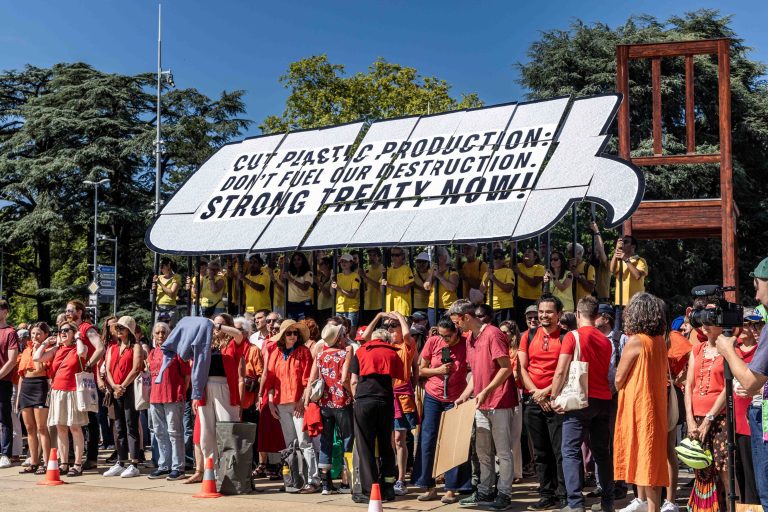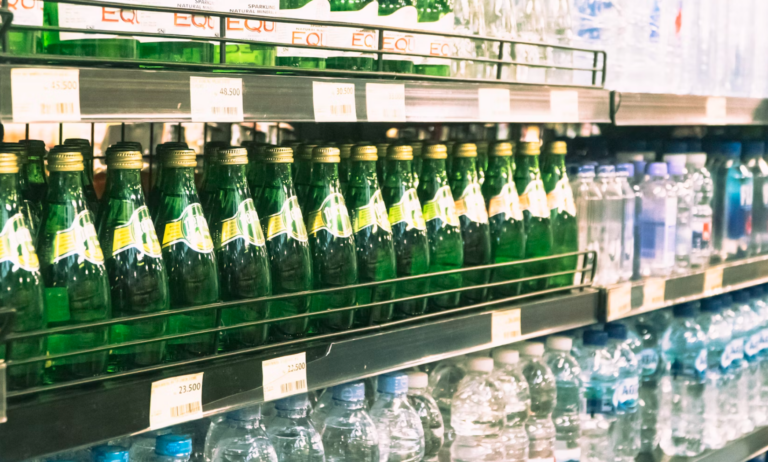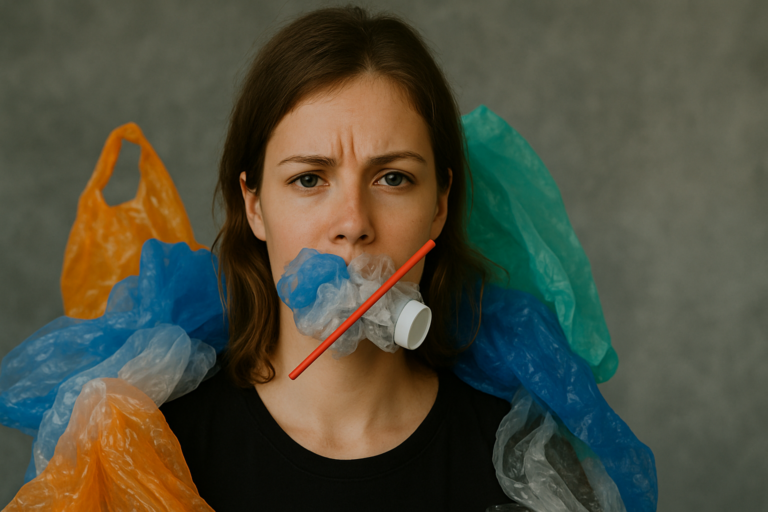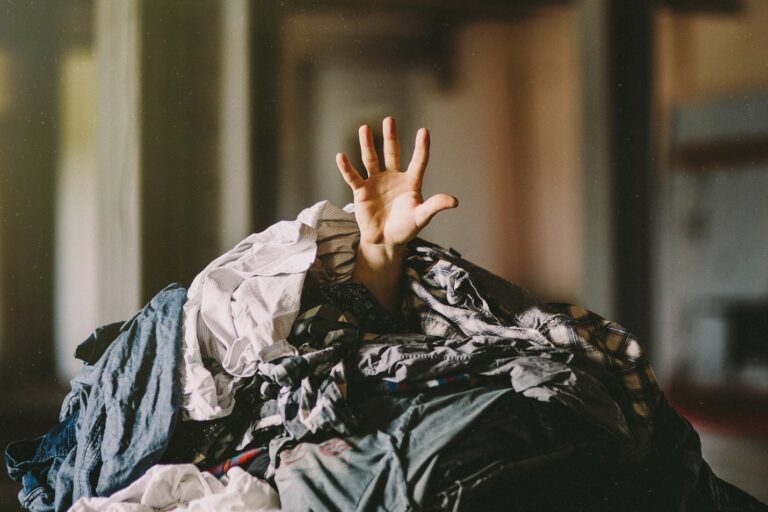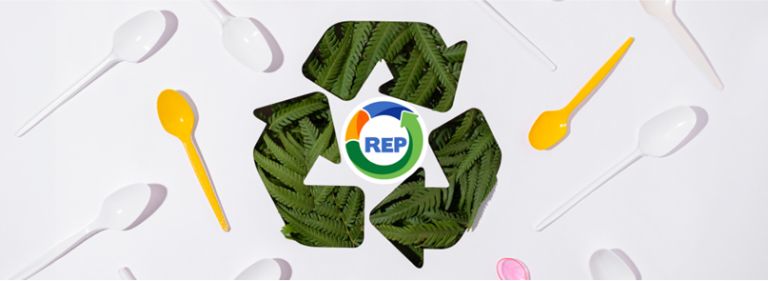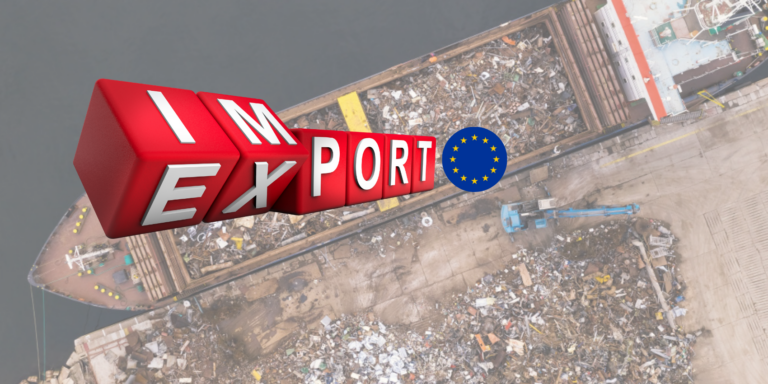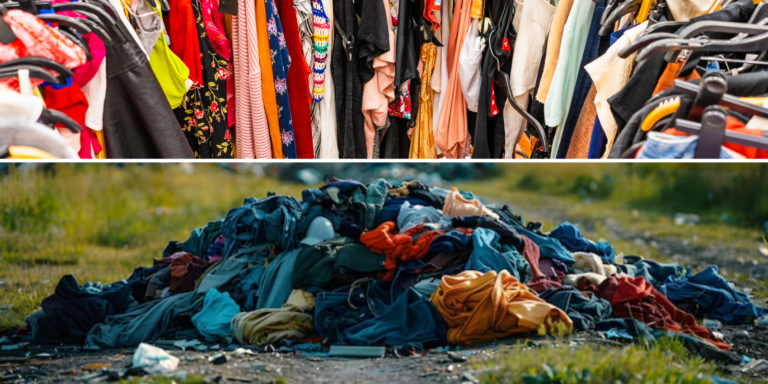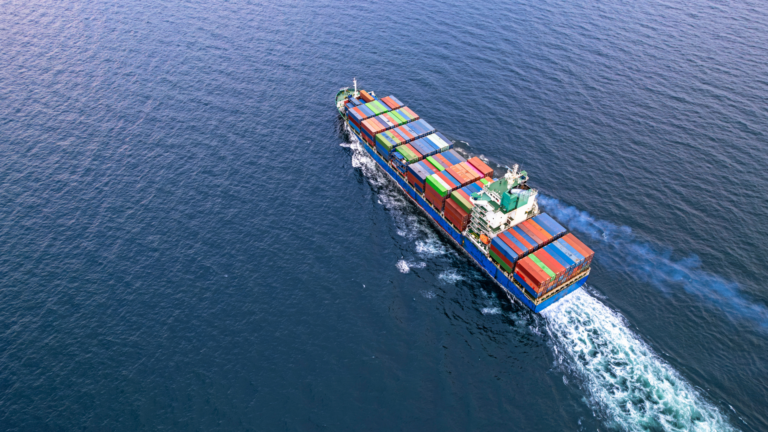Edition no. 2 of the Online Dialogue Platform: "Waste Management" magazine, no. 31/2021
Details
Friday, November 5, AO Association for Waste Recovery organized the second edition of Online Dialogue Platform Waste Management in the Republic of Moldova, on the occasion of the publication of number 31 a Quarterly magazines Waste Management. Traditionally, during the event, various current topics were discussed and published on the pages of the magazine, only with the aim of facilitating the process of informing participants from different regions of the country and from various fields of activity and occupational preferences, about the correct management of of waste in the Republic of Moldova.
Just as the articles presented in the magazine are also about various things closely related to the innovations and environmental issues in the Republic of Moldova, the protagonists of the #31 Magazine were also invited. Respectively, at the second edition, the editorial team was joined by Mariana Lucinschi, Grigore Ionaș and Denis Macovschi. They told us about their experience in environmental achievements and issues.
The first topic according to the Agenda was about Implementation of Reuse Processes presented by Andreea Ocrain, editor of the Magazine Waste management. Reuse is a practice with remarkable results that should take off in our society. And in order to apply these beneficial habits to the economy and the environment, there are precise systems with predetermined rules of execution. "According to the study carried out by Circular Economy Portugal, the sectors that would benefit the most from reuse systems are: HoReCa, e-commerce, hygiene products. For each field we will specify the key factors to achieve reuse.", Andreea specified.
Next he was invited Grigore Ionaș, director of SRL Isantal Prim, family business, which manages a recreation area, restaurant and fishery. Also on this territory is a breeding of Black Soldier Larvae which are very efficient in decomposing organic matter from waste. Following this process, the larvae serve as a source of protein suitable for animal feed (birds or fish). "From one ton of organic waste, 250 kg of natural protein can be obtained by this method, good for feeding fish, birds and pets. Another 250 kg obtained represents biohumus, which can be used in greenhouses as a valuable fertilizer. For the implementation of such a practice at the national level, more involvement from the Government would be needed. Having said that, I am sure that it is necessary for the population to be informed about the possibility of effective management of organic waste from the school desks. This type of business would considerably improve the problem of waste in Moldova" stated Mr. Ionaș.
In the section Waste Management, there is relevant information on the questionable practices of the fashion industry in relation to the environment. On the side of this information, the issue of textile articles made of synthetic and mixed fibers, which constantly emit micro-plastic fibers, was raised. Attendees at the event learned about the ambiguous environmental policies of global brands and collections "environmentally friendly" provided by them. "Fast fashion is far from cheap, actually. Of course, from a financial point of view it is advantageous, but very expensive when it comes to the environment and the lives of the people involved in the production process.", Andreea Ocrain mentioned. Finally, some habits were presented that each person can adopt to minimize the impact of super brands on the environment and human health.
A pro-ecological awareness topic was the one presented by Mariana Lucinschi, the author of 15 ecological stories for children, who talked about the importance of proper education of the little ones about the protection of the environment. "You all know that today we are surrounded by various technologies and it is complicated to find a way to warn the little ones about the protection of the environment. Analyzing several ways, we came to the conclusion that a warmer and more interesting way to instill love and care for the environment in children is stories. " The stories were written within the project Education and Awareness for active communities, which is part of The ability of the citizens of the Republic of Moldova, financed by the European Union. All stories can be viewed at this link https://anchor.fm/planeta-copiilor
Plastic pollution remains a current topic on the magazine's pages. This time, it was discussed about the subtle disadvantages of bottled water and Campania was referred to Without Plastic I feel Fantastic. According to a study conducted by the University of Florida, if a plastic water bottle is exposed for a long period to high temperatures, the packaging can leach Bisphenol A and antimony (Stibium) into the water.
Legal news is not missing from the pages of the magazine. In issue 31 of the Magazine, he presents himself Decision No. 561/2020 for the approval of the Regulation on packaging and packaging waste and how financial flows are properly managed in the case of REP schemes. In this sense, Denis Macovschi from the Environment Agency explained practical aspects regarding the assumption of extended responsibility by producers, what the deposit system means, what are the recovery targets to be reached, etc.
In the context in which a system in which all packaging waste is collected, sorted, recycled or treated in an ecological way cannot function without funding
enough, Aurelia Bahnaru presented relevant information on the EU's experience in determining the fees paid by producers for the assumption of REP responsibility and what are the factors that influence their correct calculation.
You can find more details about each topic, including many other information, news, infographics, in the latest issue of the Magazine – SUBSCRIBE NOW
Related articles
Este timpul pentru acțiuni decisive: societatea civilă cere un Tratat Global ambițios care să pună capăt
Ne-am obișnuit să aruncăm, am uitat să reparăm, să reutilizăm și să prelungim durata de viața
Centrul de Instruire și Consultanță „E-Circular” anunță lansarea apelului pentru contribuții științifice în cadrul Conferinței Naționale
Reacțiile la studiul publicat recent de Agenția Franceză pentru Siguranța Alimentelor, Mediului și Sănătății Ocupaționale (ANSES)
De ani de zile, marcăm simbolic Ziua Mediului, vorbim despre reducerea poluării cu plastic, venim cu
Modelul economic actual este construit în mare parte pe un sistem liniar de tip „extrage-produce-aruncă”, în
În contextul economiei circulare și al gestionării eficiente a deșeurilor, mecanismul de Responsabilitate Extinsă a Producătorului
În tranziția spre economie circulară, exporturile de materii prime reciclabile din Uniunea Europeană către țări terțe
Ziua Internațională “Zero Deșeuri” sărbătorită pe 30 martie și facilitată în comun de Programul Națiunilor Unite
La data de 20 mai 2024, a intrat în vigoare noul Regulament UE 2024/1157 privind transportul deșeurilor

